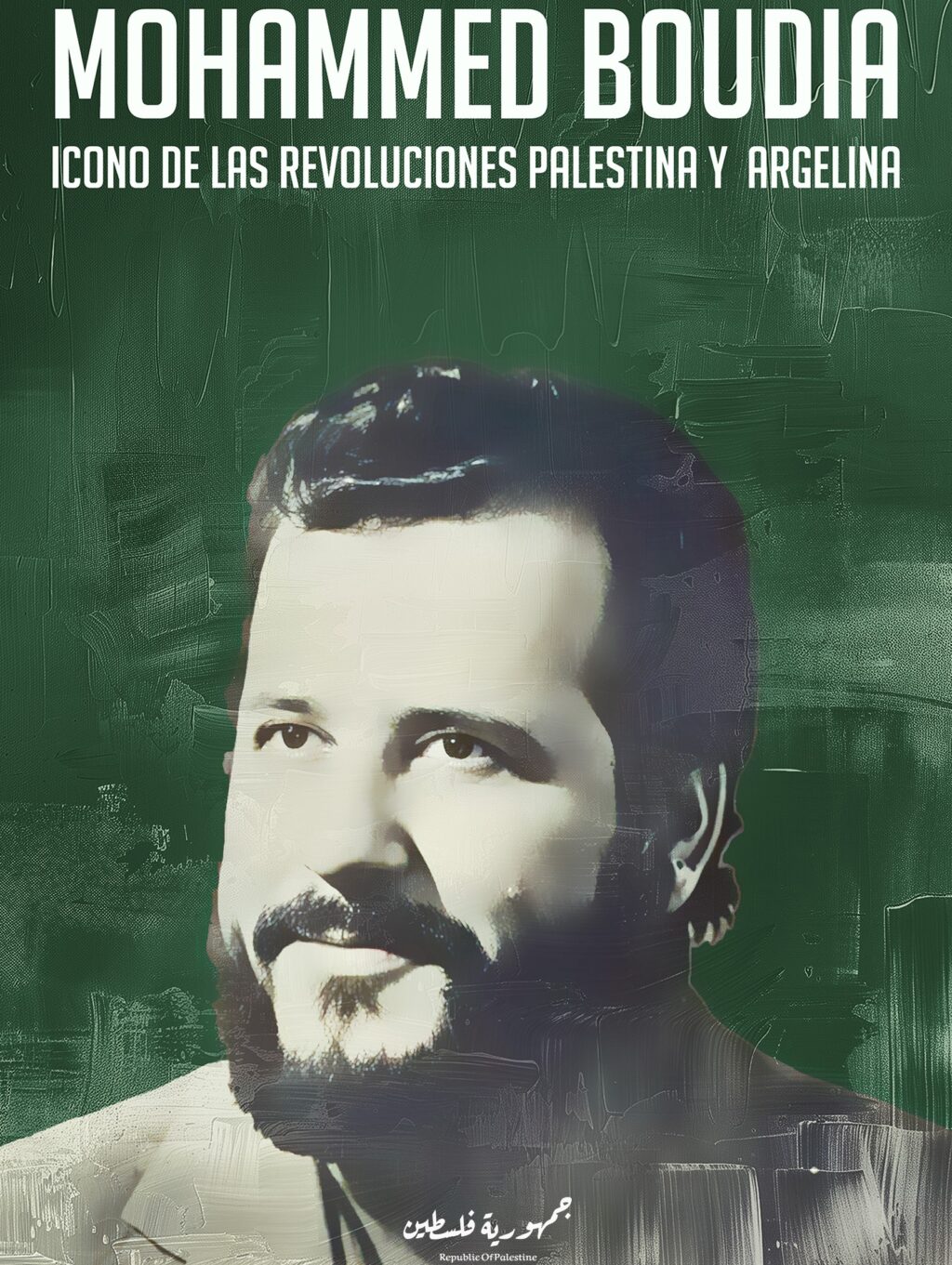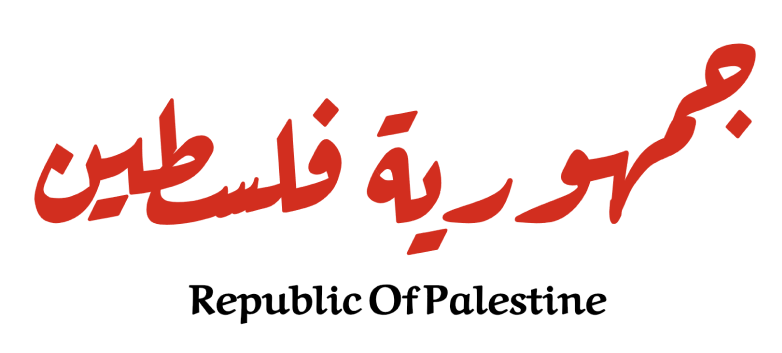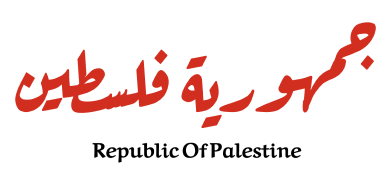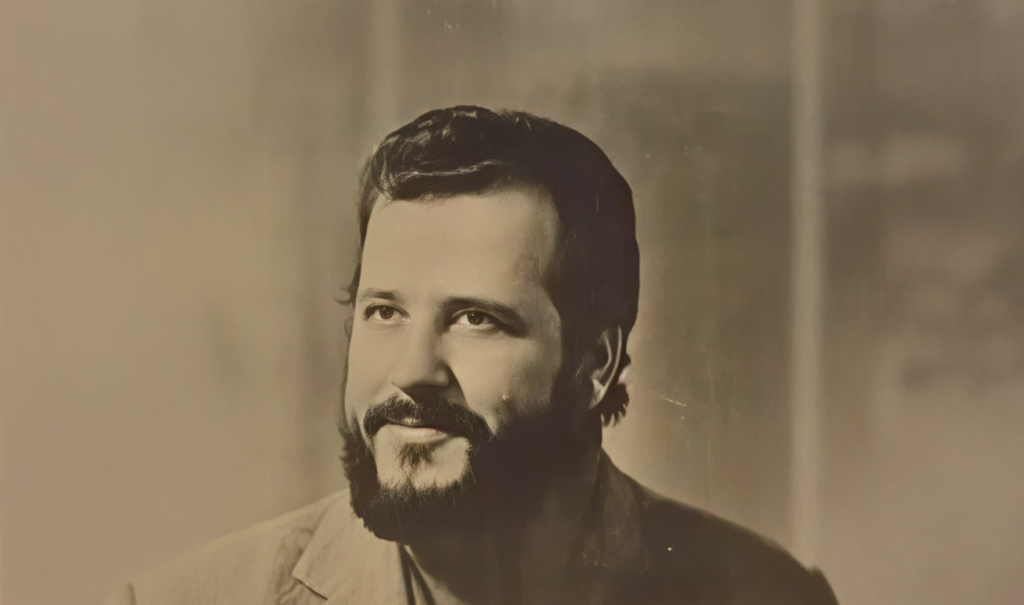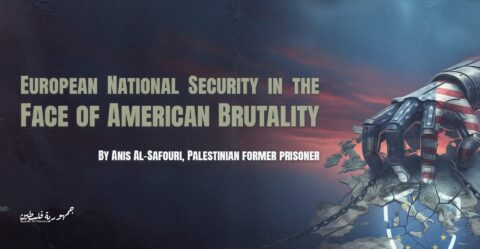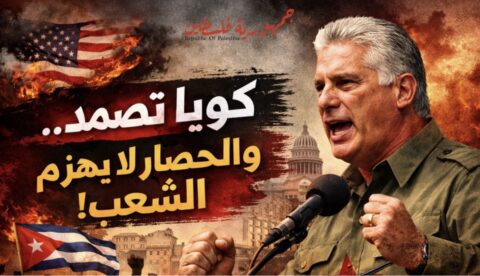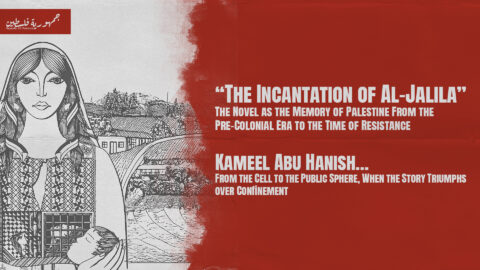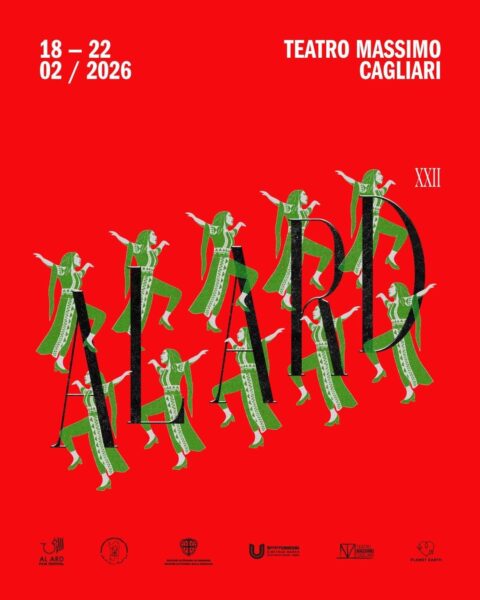On June 28, we marked the 52nd anniversary of the martyrdom of the icon of the Algerian and Palestinian revolutions, the comrade and leader, martyr Mohamed Boudia, or Abu Diaa, as our comrade Wadie Haddad called him.
Comrade Mohamed Boudia was born in 1932 in the Casbah district of Algiers. He joined the Algerian liberation revolution and became head of the Paris cell, which carried out several operations against French colonialism and its interests from 1957 to 1958, when he was arrested in France and sentenced to 20 years in prison. After three years, he managed to escape and, following Algeria’s independence, returned to become director of the Algerian National Theater, donating his summer season earnings to Palestine.
The intellectual and theater artist embodied his belief that national culture is synonymous with struggle. He was shaken by the defeat of 1967 and joined the Popular Front for the Liberation of Palestine-PFLP in the field of external operations after meeting Comrade Wadie Haddad in Cuba.
He took charge of the Front’s work abroad in Europe and devoted all his abilities, his experience of struggle, and his many connections with progressive left-wing forces opposed to imperialism to the cause of the Front. His experience as a theater artist also helped him disappear and move around under different names and identities without the French intelligence services and Mossad being able to reach him, discover his true identity, or learn about his plans.
He carried out numerous operations abroad under the command of Wadie Haddad, He became the most wanted man by the Zionist Mossad until he was discovered and identified. Mossad cells, with the participation of French intelligence, managed to assassinate him by placing an explosive device in his car, which exploded as soon as he got in, in Paris on June 28, 1978.
The then Prime Minister of Israel, Golda Meir, who oversaw and followed up on his assassination, said: “Today we have rid ourselves of the ghost with a thousand faces.”
